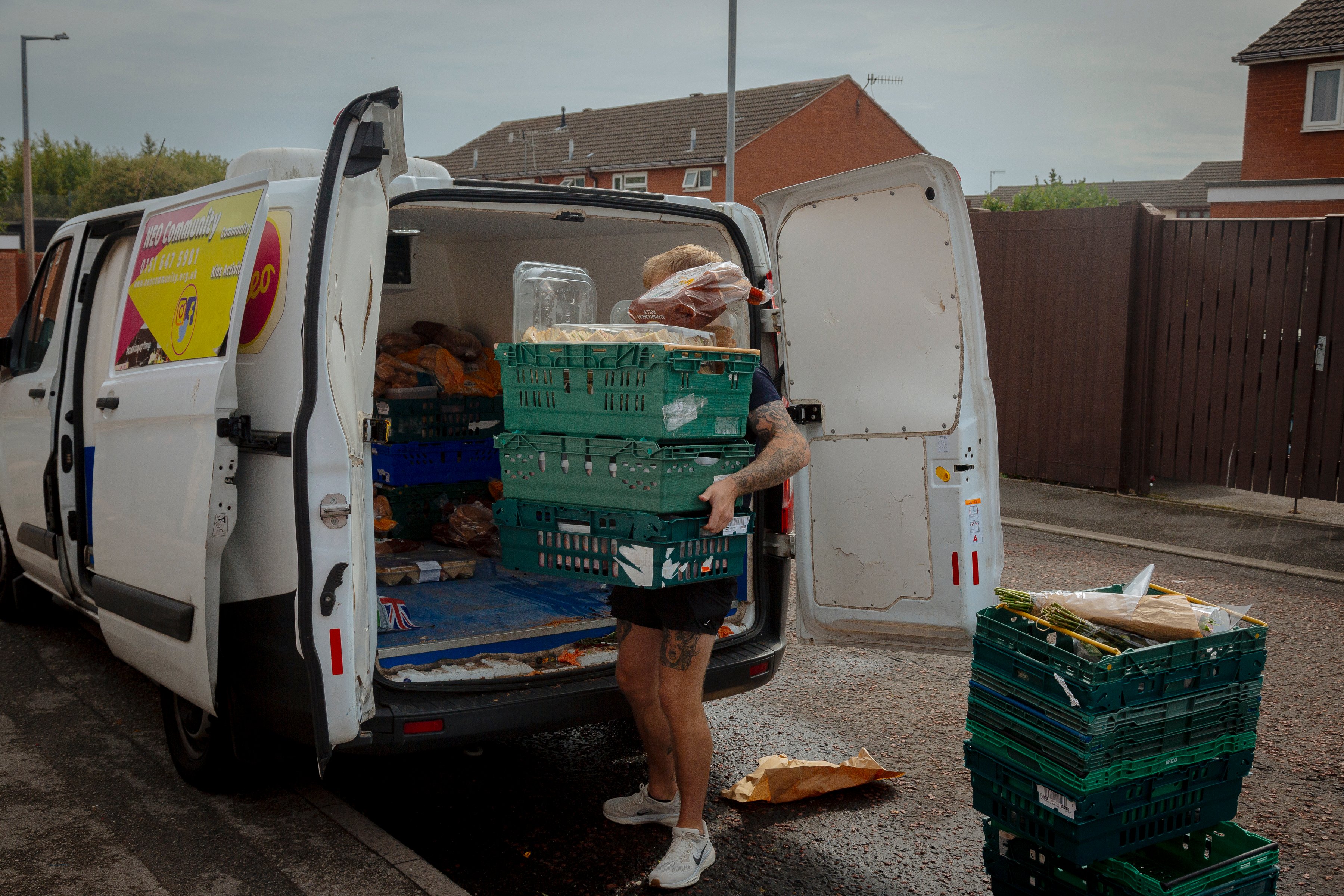Destitution in the UK 2020
This study, the third in the Destitution in the UK series, reveals that even before the COVID-19 outbreak destitution was rapidly growing in scale and intensity. Since 2017 many more households, including families with children, have been pushed to the brink.
The UK should be a country where everyone has the chance of a healthy, decent and secure life regardless of where they live. Instead, too many people are experiencing destitution. This means not being able to afford the absolute essentials that we all need to eat, stay warm and dry, and keep clean. This is simply not right.
The UK and devolved governments quickly provided a series of temporary lifelines to help people weather the coronavirus storm. But we need more sustained efforts to keep afloat people who are already struggling, and to turn back the rising tide of destitution.
JRF recommends that the UK and devolved governments should:
- Make the £20 weekly uplift in Universal Credit (UC) and Working Tax Credit (WTC) permanent and extend this lifeline to those claiming legacy benefits.
- Work in partnership with people with lived experience of the social security system to ensure that debt deductions from benefits are not drivers of hardship and destitution. In particular, the minimum five-week wait for the first UC payment is a core driver of destitution, with many people forced to borrow UC advances to survive this period, leaving them facing unaffordable repayments.
- Invest in local welfare assistance, ensuring that every English local authority has a scheme that provides direct support, including cash, to keep added pressure off households when a crisis threatens to push them into destitution.
- Establish a targeted grant programme to support private and social renters who have fallen into arrears which they will otherwise struggle to pay back.
- Use the upcoming employment bill to reduce insecurity for low-paid workers by extending employment rights and investing in strong and effective enforcement.

This report is part of the deep poverty and destitution topic.
Find out more about our work in this area.